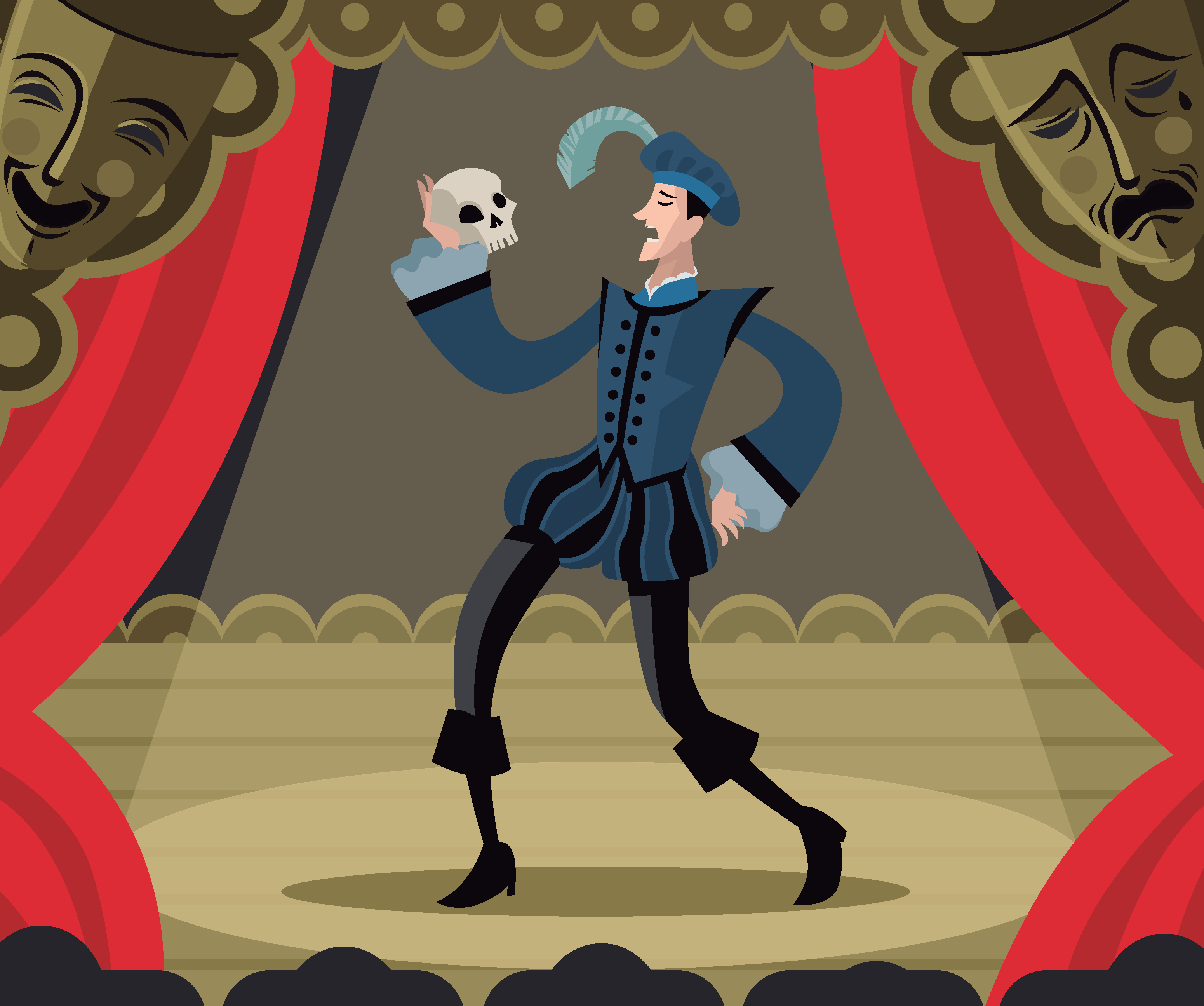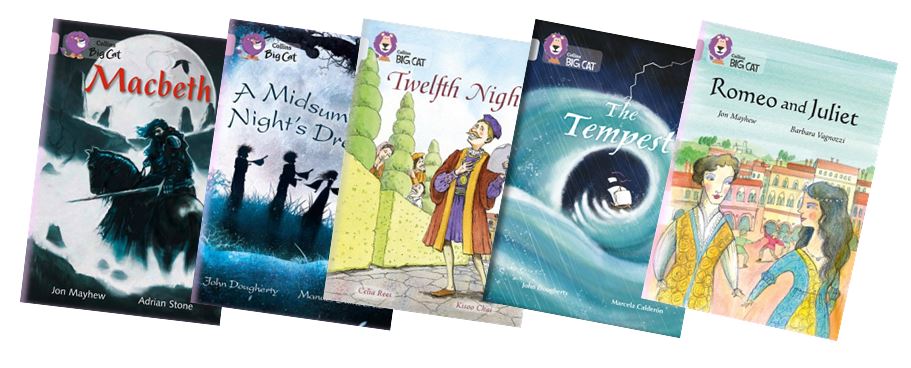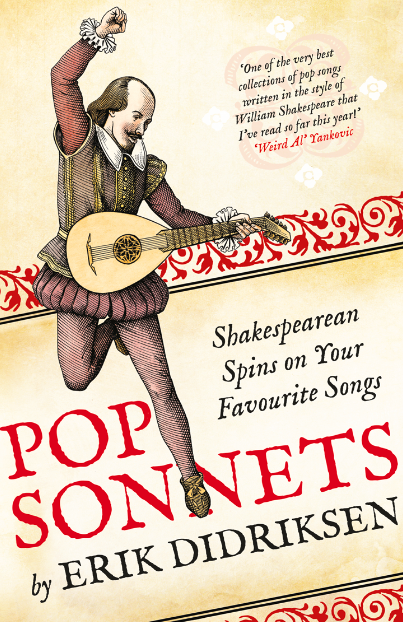
Practical approaches to teaching KS3 Shakespeare
By Hannah Appleton Reframing or reimagining how we tackle Shakespeare in schools begins with our perception of it being boring, irrelevant or too difficult, especially if we teach in schools with high numbers of SEND, EAL or FSM. It is, however, precisely those complexities and layers Shakespearean texts provide, which… Read More






